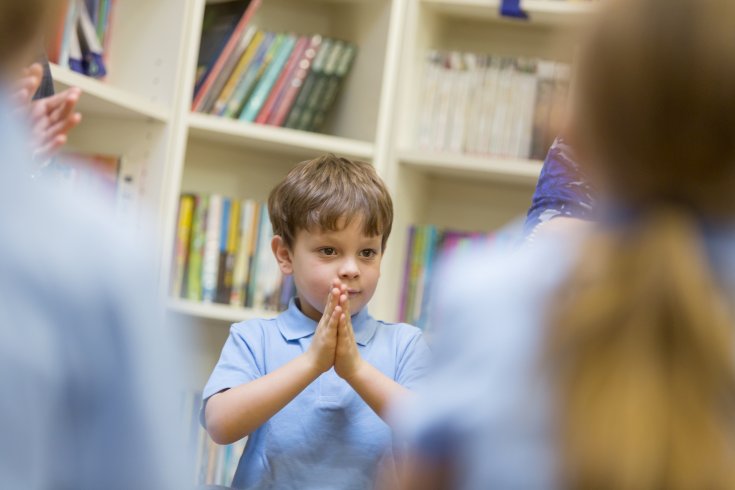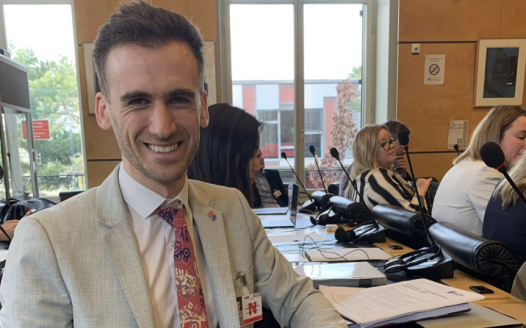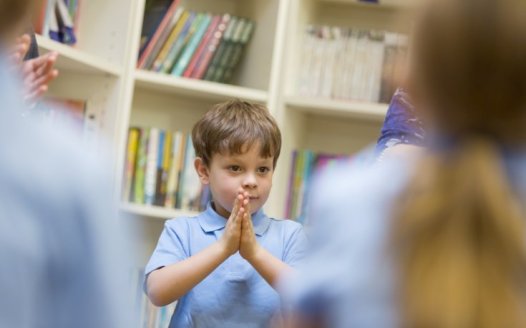NSS calls for parliamentary committee to review collective worship
Posted: Thu, 13th Oct 2022
The National Secular Society has called on a parliamentary select committee to investigate compulsory worship in schools.
The NSS wrote to the Education Select Committee today requesting a review on the collective worship requirement in schools in England and the "government's intransigence" on the issue.
Laws in England and Wales require that children at all state schools "shall on each school day take part in an act of collective worship".
Although schools with a religious character must conduct such worship in accordance with the practices of the school's designated faith, in schools without a religious character the law requires that worship must be "wholly or mainly of a Christian character".
The government has previously described the law as "flexible and inclusive, allowing all schools to tailor their provision to suit pupils' needs", because schools may apply to hold collective worship reflecting other religious traditions.
But the NSS said the government's claim is undermined by the case of Poulner Infant School, which recently had its request to be exempt from collective worship laws denied.
The school had argued the requirement for collective worship to be of a Christian character was inappropriate on the grounds that two thirds of parents do not identify as Christian, that parents of no religion are the largest single group, and that many parents purposefully seek out the school as an alternative to nearby faith schools.
The NSS also referred to a 2021 letter from then-Parliamentary Under-Secretary of State for the School System Baroness Berridge which confirmed that it is "not permissible for a school to apply simply to replace Christian or other religious collective worship with a non-religious assembly" This arrangement fails to "provide sufficient flexibility for the schools where growing numbers of children, young people and parents are nonreligious or religiously unconcerned", the NSS said.
Despite this apparent contradiction between the government's statements, ministers at the Department for Education (DfE) have repeatedly said there are "no plans to amend or repeal the legal duty on schools to provide a daily act of collective worship".
The NSS also argued that current laws requiring collective worship are in conflict with human rights obligations, a position which is shared by the United Nations Committee on the Right of the Child
And in July the High Court of Northern Ireland found that the law on collective worship and religious education there breached human rights laws, because it was not sufficiently critical or pluralist.
NSS: 'Time to end collective worship'
Jack Rivington, campaigns officer at the NSS, said: "Laws mandating collective worship in schools are an anachronism and totally inappropriate in modern British society. The government's insistence that current legislation is flexible, inclusive, and enables schools to adapt their provision to reflect the needs of pupils is also one clearly not supported by the facts.
"The continuation of a policy requiring collective worship shows contempt for human rights and freedom of religion and belief. The time is long overdue for these laws to be scrapped."
Image: davidf, Shutterstock
End compulsory worship
No child should be compelled to pray in school. Join our campaign.








